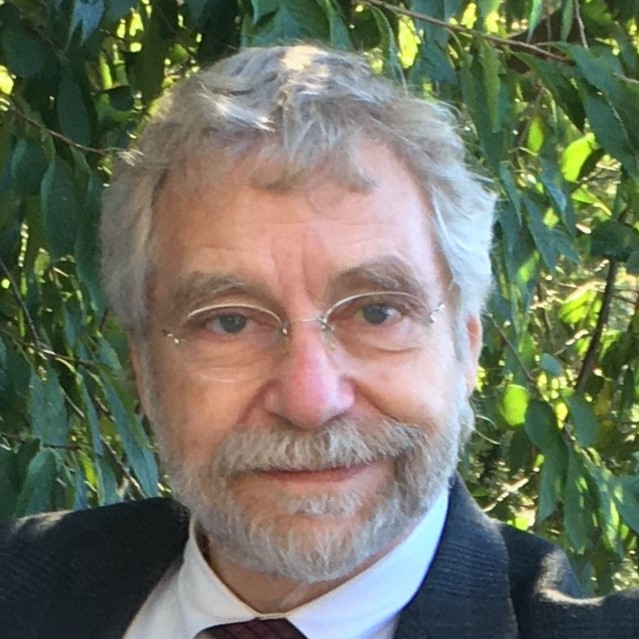I grew up in Lexington, Massachusetts, home of the first battle of the Revolutionary War. Most people outside of Massachusetts learn this as the Battle of Lexington and Concord. People in Lexington and Concord, however, refer to them as two battles because they occurred about six miles apart. The towns each have their own Minuteman statue; Lexington’s is on the left and Concord’s is on the right above. Both skirmishes were resistance to General Thomas Gage sending Redcoats to destroy weapons stockpiled at a farm in Concord. At Lexington, Colonel John Parker of the Lexington Minutemen allegedly said,
“Stand your ground. Do not fire unless fired upon, but if they mean to have a war, let it begin here.”
Then an unknown person fired a shot, later immortalized by Ralph Waldo Emerson in his “Concord Hymn” as the “shot heard ‘round the world.” Minutemen lost badly in Lexington, but routed the British in Concord and conducted guerrilla warfare from behind every stone wall and tree all the way back to Boston. The Brits were scandalized; many still are.
The story of the Battle of Lexington and Colonel Parker’s stand was told over and over in my youth. Of course, reinforcing this story were the town parades every April 19th and the omnipresent statue on the Lexington Green as well as the preserved belfry; the fact that I attended William Diamond Junior High (Parker’s assembly drummer) helped as well. Suffice it to say I grew up with the language of a leader taking a stand.
Later, I spent my work life talking to business leaders. I facilitated leadership workshops, helped leadership teams come to public agreement on strategy, and/or served as a sounding board for an individual leader. Wherever I was, I heard leaders tell stories to describe themselves and what they stood for. I came to realize that the best leaders seemed to communicate with stories. “Here I stand” is a powerful leadership story.
At one point, I facilitated a leadership workshop in the oil production industry. Leaders in this industry work in a high-hazard arena. If they mess up, they mess up the environment or worse -people get hurt and sometimes die.
One particular leader, Zeke, told a story about safety. He began:
“I tell everyone who works with me. . . focus on the three Ps.
- People – make sure everyone goes home safe to their families.
- Pipes and pumps – make sure you take care of the kit – it both keeps people safe and makes money for us.
- Then Profit – if you take care of the people and the kit, the profit part is easier. You just have to be sure that you spend when you need to spend in order to pump oil safely.”
Zeke went on to tell a story that emphasized his stand. This story had a huge impact on everyone at the workshop; people were still talking about “People, Pipes, Profit” at the end of the week. I repeated it at other workshops and it always hit home because it is simple, easy to remember and makes an emotional connection. Zeke’s clarity about what was important to him caused others to think deeply about what they valued.
I thanked Zeke because he made me think too.
What do I stand for? What’s important to me?
- Helping People – I believe that individuals and groups fare best when they learn and grow. A lot of my work helped others gain insight about what they need to learn and act on in order to achieve what they want to achieve.
- Achieving Results – I was most often hired as a consultant to deliver a certain result. In many cases, what I ended up doing was installing an improvement process, be it Lean Six Sigma, innovation in products and services, or new ways to connect with customers. I always focused on the measurable outcome.
- Maintaining Balance – This is something I struggle with in my own life and saw others struggle with as well: balance between people and results, work and family, and work and play (recreation is re-creation). I believe we don’t live in an either/or world, but a both/and world. And so I still strive for balance, and encourage others to as well.
Thanks again, Zeke.
What is important to you as a leader? What is the simple way you frame those values? What stories do you tell to describe your stand?






0 Comments